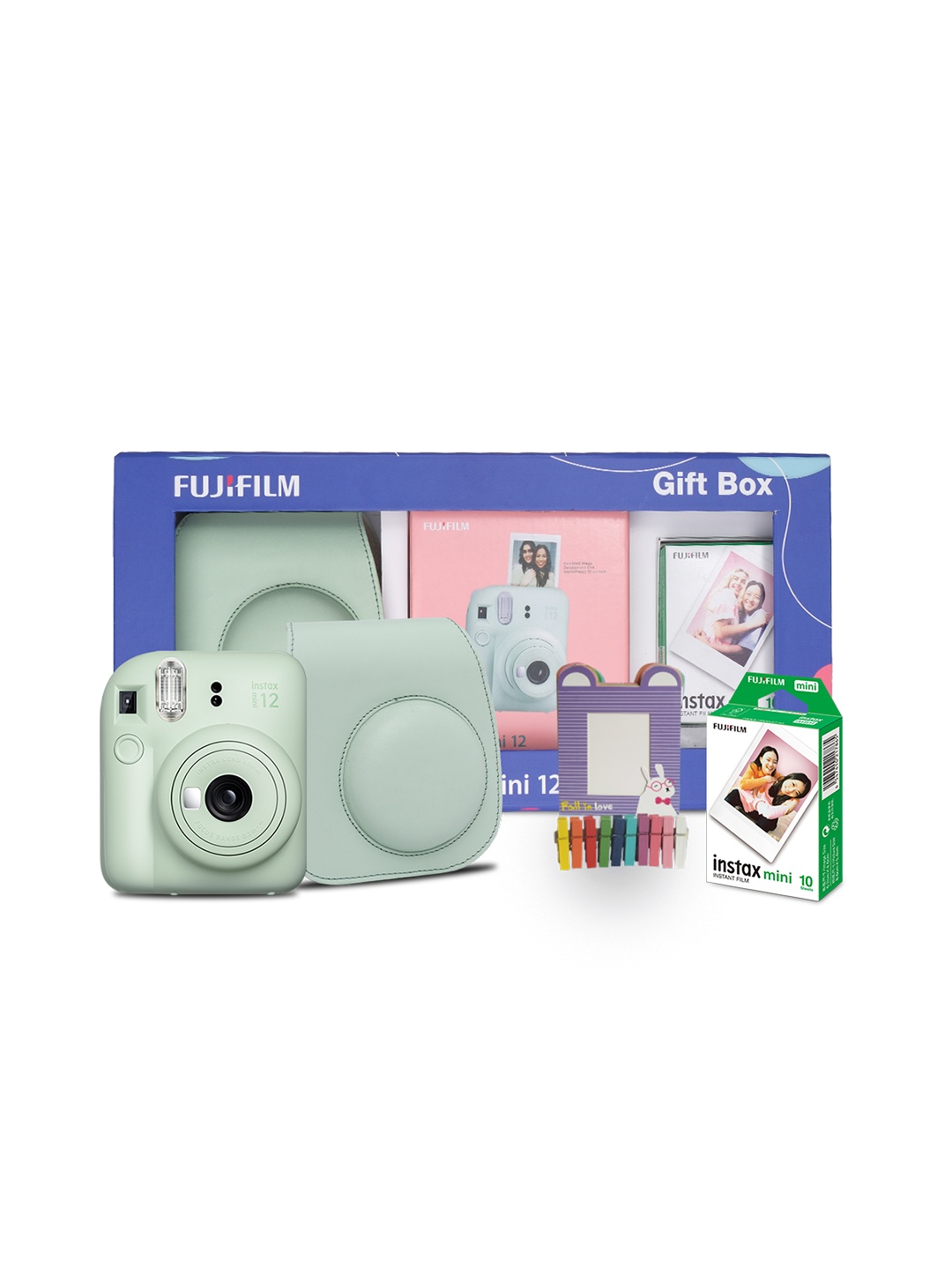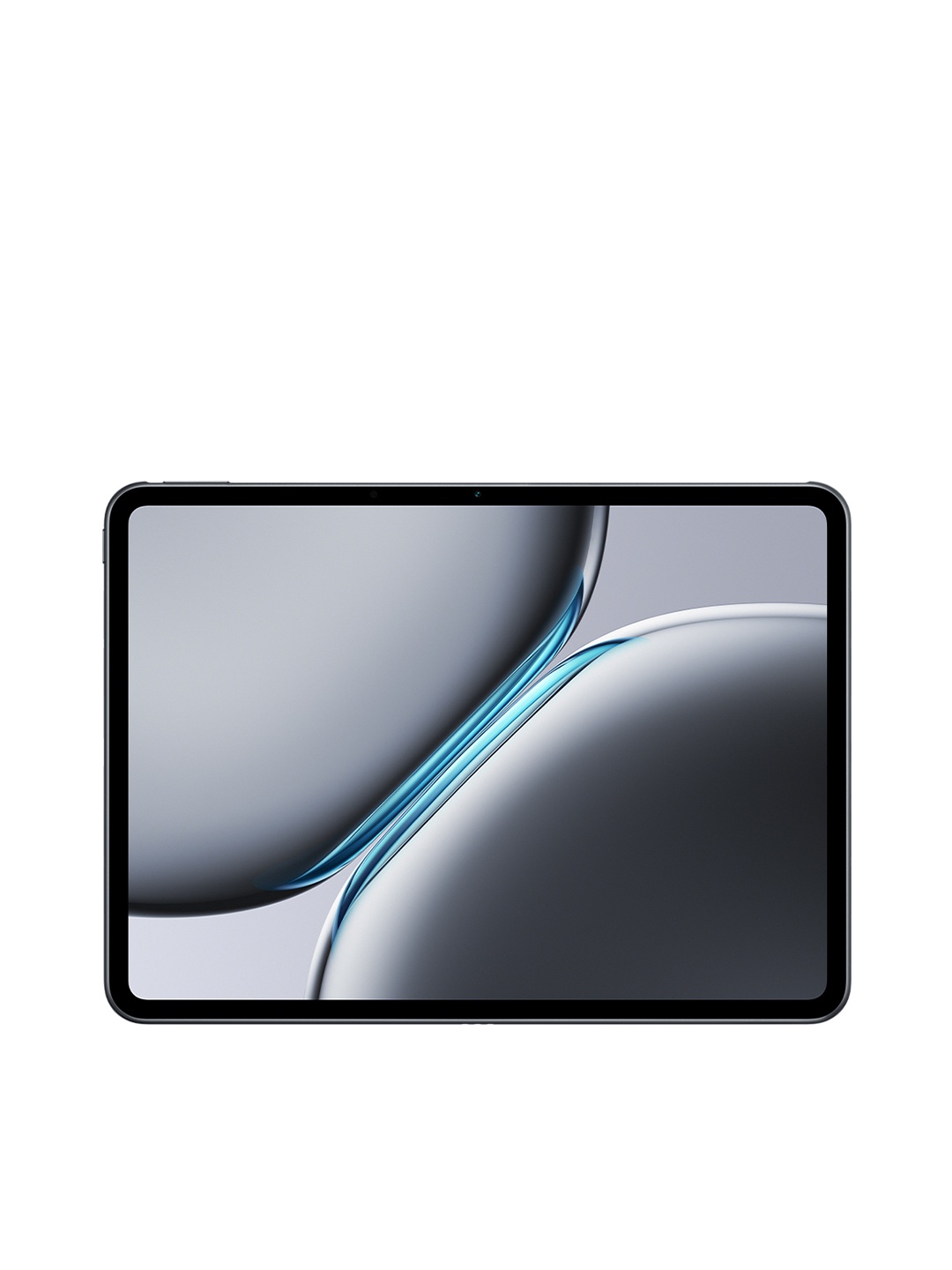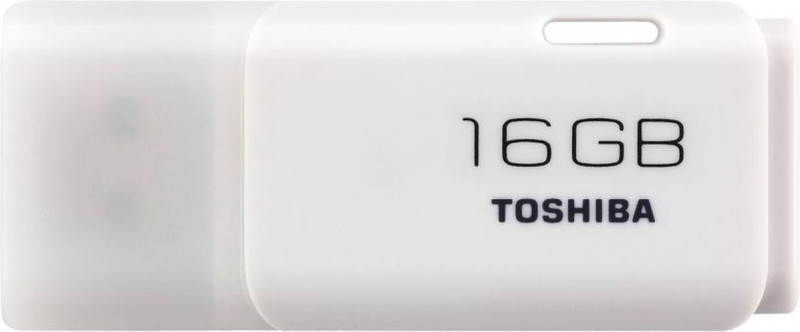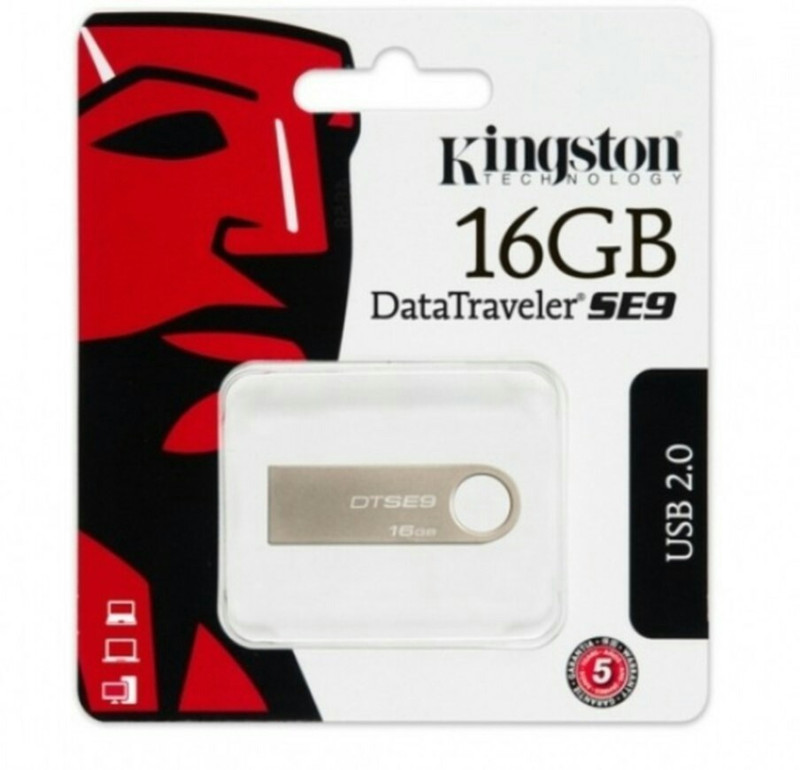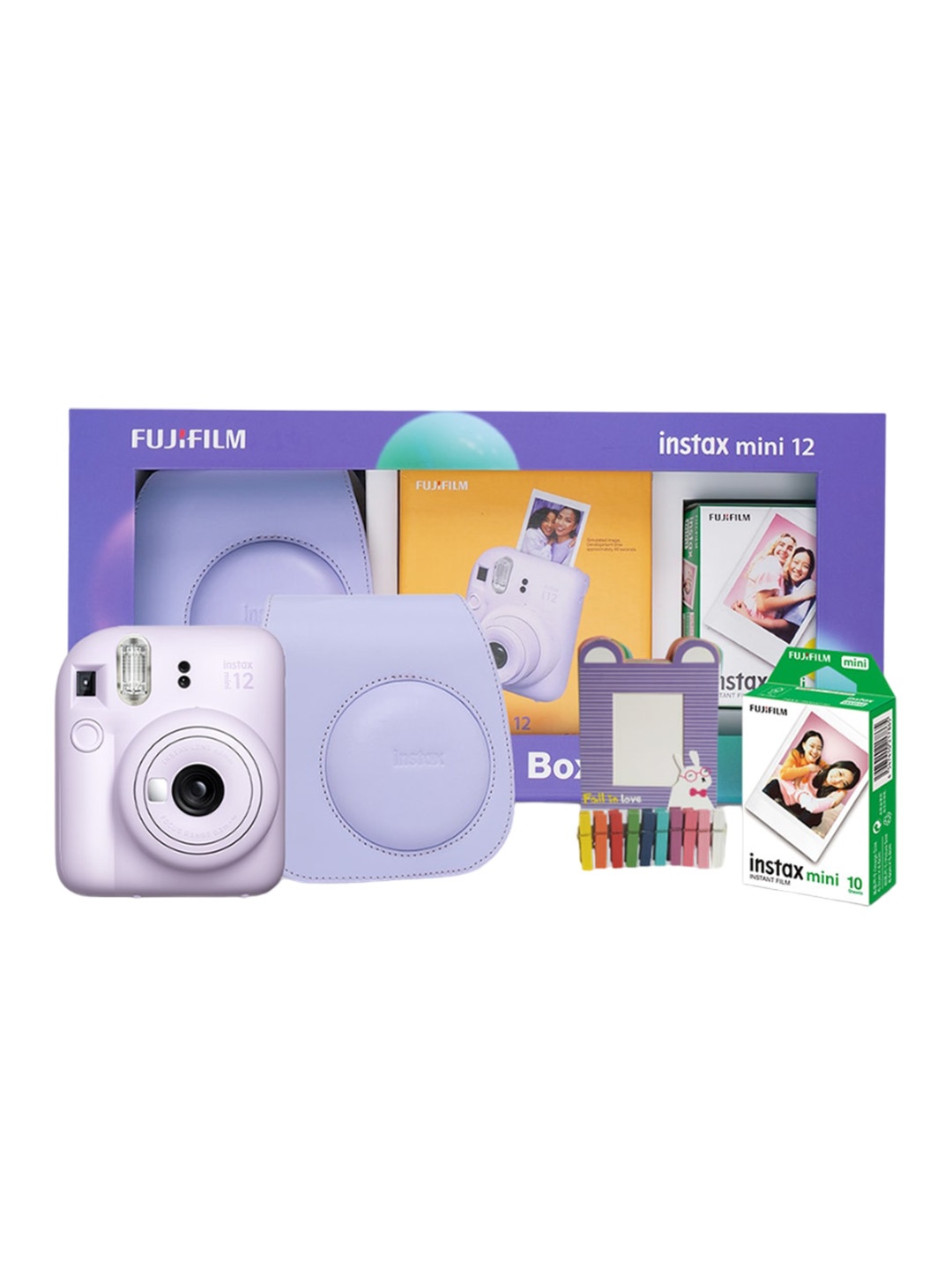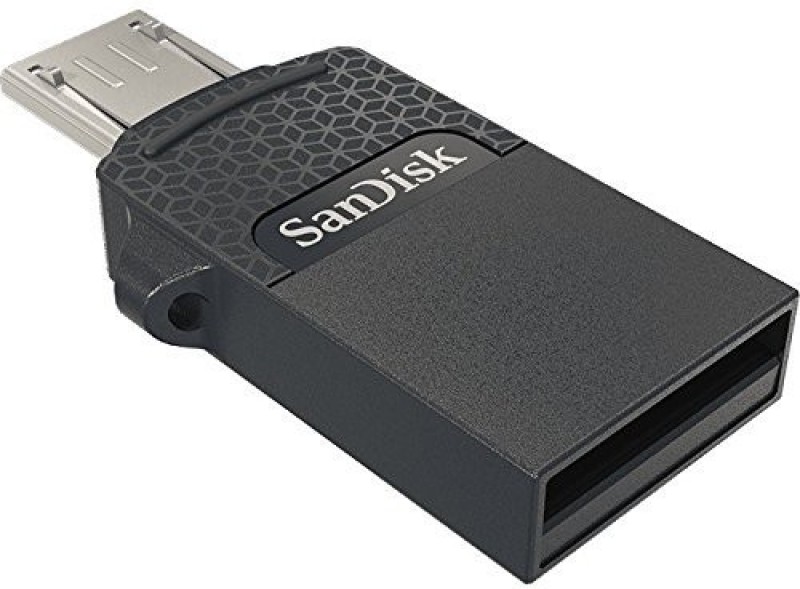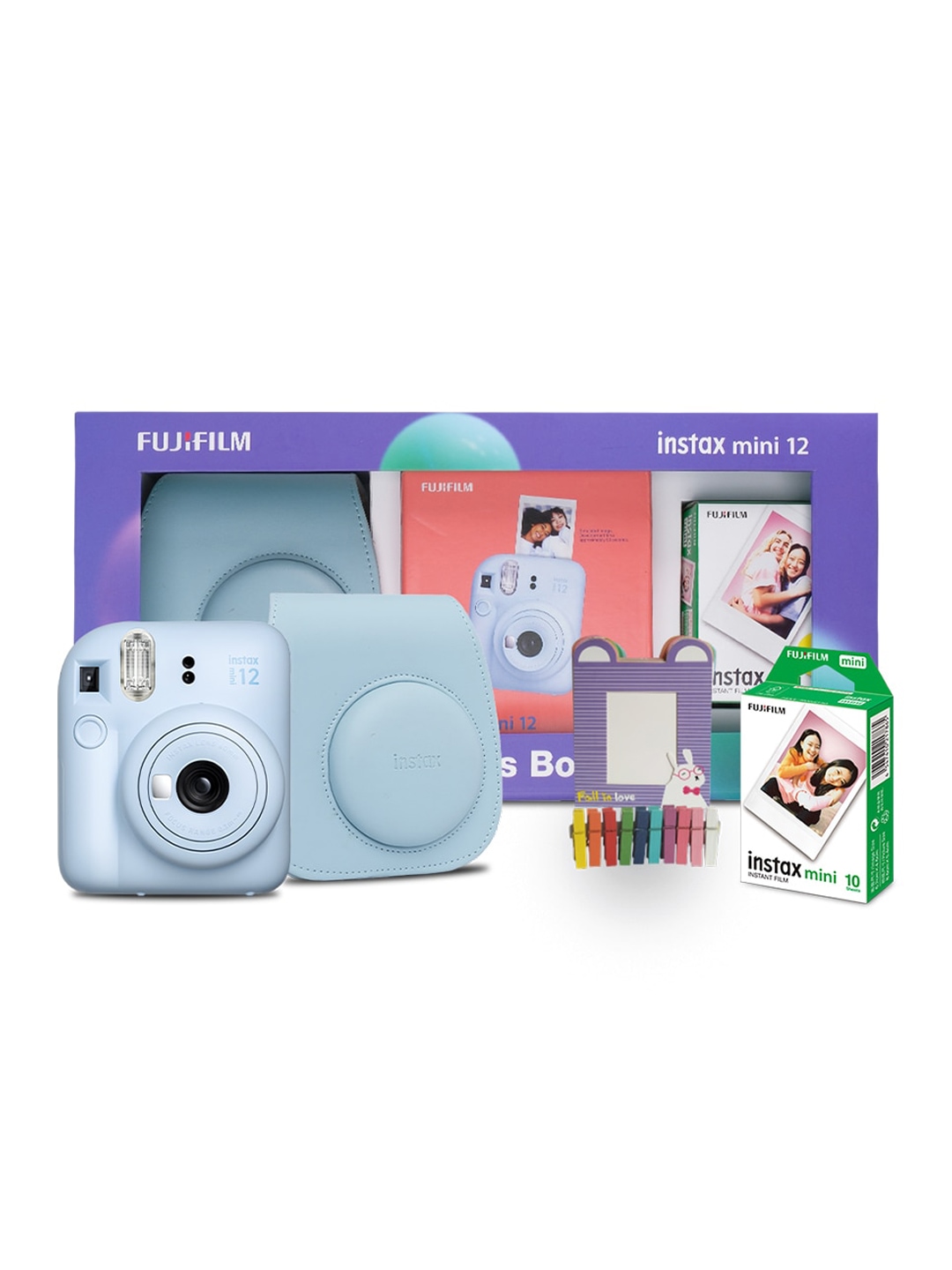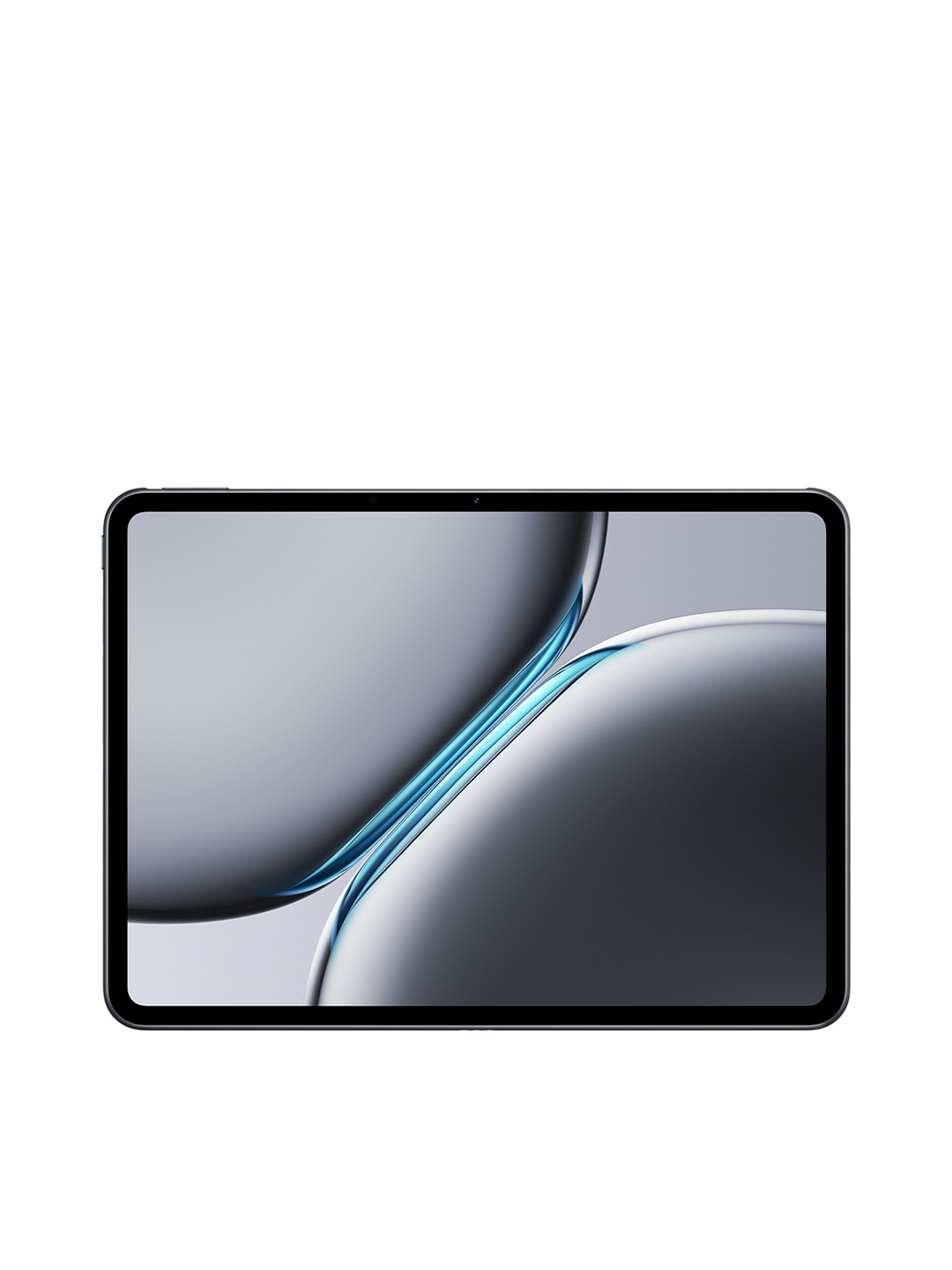We Traveled With Duffel Bags Instead Of Suitcases: Here Is Why We Will Never Go Back

When we think about travel, we all tend to imagine a suitcase as the go-to companion. After all, it's what we're all conditioned to use, those hard cases with rolling wheels and zippers that promise to keep our clothes neatly packed and secure. But, what happens when we step away from convention? That's exactly what happened when we swapped our trusty suitcases for duffel bags during our last trip. Initially, it seemed like an impulsive decision, maybe even a risky one. A duffel bag? Isn't that something you throw in the gym or carry on a weekend getaway? We were sceptical, to say the least.
Little did we know, this seemingly small shift would change our approach to travel forever. By the time we boarded our return flight, we were already planning our next adventure with nothing but duffel bags in tow. Here's why we're convinced that duffel bags are the superior choice for any journey, and why we'll never go back to suitcases again.
Also Read: Backpack Or Messenger Bag: Which Laptop Bag Suits Your Lifestyle?
1. Freedom from Wheels: Embrace The Art Of Carrying
There's something oddly freeing about not being tethered to a suitcase. If you've ever felt the frustration of dragging a suitcase through a crowded street, navigating cobblestones, or trying to squeeze it into a crowded elevator, you'll understand the challenge. The wheels might promise ease, but the reality is far more complicated. They get caught, they squeak, and they make it impossible to squeeze into tight spaces.
When we switched to duffel bags, we found that the experience of carrying our belongings was far more liberating. The duffel's soft construction means no rigid edges or awkward protruding handles, just a simple, sleek bag that easily adjusts to your movements. It makes travel feel natural, not like a battle. With the duffel bag slung over your shoulder, you can effortlessly glide through a busy airport or weave in and out of train stations without missing a beat. We found ourselves moving with ease, no longer fighting against the constraints of wheels and corners. Carrying a duffel bag wasn't just a physical act, it became a metaphor for the freedom we felt while on the road.
2. Versatility For Every Situation
A suitcase, while reliable, has its limitations. Once packed, it takes up a fixed amount of space, and unless you've chosen an expandable model, it remains the same shape, no matter where you're trying to fit it. This becomes a problem when you find yourself needing to stuff your luggage into small lockers, tight boot spaces, or even less-than-ideal baggage compartments on public transport.
Duffel bags, on the other hand, are masters of adaptability. We quickly discovered that the flexibility of a duffel allowed us to squeeze into places that we once thought were off-limits for luggage. Whether it was the overhead bin on a budget airline, the backseat of a crowded taxi, or the narrow corner of a hostel room, our duffels found a way in. It's like a bag that understands the importance of fitting in with the flow of your travel plans, without ever compromising its integrity. We could expand them when needed or tighten them when we wanted to save space.
This versatility extended beyond physical space too. Duffel bags often come with detachable straps, multiple handles, and clever compartments, allowing you to carry them however suits your mood or travel style. It feels like an entirely different way to approach travel: with a sense of fluidity, rather than rigidity.
3. Less Stress, Less Hassle
Let's talk about stress. We've all been there, the airport rush. There's the mad dash to the check-in desk, the awkward shuffle through security with your suitcase tripping over your heels, and the frantic fight for overhead space. Now imagine that scenario without the encumbrance of a large, clunky suitcase.
That's exactly what we found when we switched to duffel bags. The simplicity of the bag meant we could breeze through check-in without worrying about whether we were above the weight limit or whether our bag would fit in the overhead bin. When you don't have to spend minutes calculating the exact weight of your luggage, there's a sense of mental clarity that makes everything feel more manageable.
Moreover, duffel bags tend to be more streamlined and lightweight than their wheeled counterparts. The sheer ease of grabbing your duffel, throwing it over your shoulder, and heading straight to your gate made us realise just how unnecessarily complicated travel with a suitcase can be. Instead of worrying about dragging, lifting, or adjusting, we were able to focus on the excitement of the trip ahead.
4. Durability That Defies Expectations
A suitcase might seem sturdy with its hard-shell exteriors, but there's a major flaw: it tends to crack, snap, or dent when mishandled, and let's be honest, it's rarely handled gently. On the flip side, duffel bags are built to withstand a bit of rough treatment.
Our duffels faced extreme conditions: tossed into car boots, left out in the rain, dragged through sandy beaches, and stuffed into narrow overhead compartments. And guess what? Not a single tear, rip, or scuff appeared. Many duffels are crafted from surprisingly tough materials, such as high-density nylon or weather-resistant fabrics. Unlike hard-shell suitcases, duffels flex, bend, and absorb impact, meaning they last longer and hold up under stress.
They're practically indestructible. We realised that we weren't just saving space, we were investing in a bag that could truly handle the demands of travel, no matter the destination.
5. Simplifying Packing: Less Is More
With suitcases, it's all about organisation. You've got the compartments for your shoes, the zipped pockets for your toiletries, and the careful folding technique that makes sure you're not wasting a single square inch. But, how many times have we over-packed, stuffing a suitcase full of things that were never even used? The beauty of a duffel bag lies in its ability to force simplicity.
When you're packing a duffel, you're compelled to be more thoughtful about what you bring. There's no space for unnecessary "just-in-case" items, and everything you pack needs to serve a purpose. This packing method encourages minimalism. We found that by simplifying our packing lists, we only brought what we needed, and the rest, we could buy or improvise as we went along.
This kind of intentional packing not only makes your travel easier but also shifts your mindset. The act of packing becomes less about preparing for every possible scenario and more about embracing the adventure with what you have. It frees you from the clutter that suitcases often encourage, making the journey more enjoyable and stress-free.
6. Aesthetic Appeal: The Cool Factor
There's no denying it: duffel bags just look cool. Whether it's the vintage leather variety or a more modern, techy design, duffels carry an understated style that suits a range of travellers. It doesn't scream "tourist" in the same way a flashy, logo-laden suitcase does. Instead, it whispers: "I'm here for an adventure."
The aesthetic appeal of a duffel bag goes beyond just the looks. It represents a shift in attitude towards travel: less about showing off and more about embracing the journey. We felt more at ease, more natural, and more connected to the experience when we were travelling with our duffel bags. It was as though the bag was in harmony with the way we approached travel: simple, effortless, and focused on the experience rather than the material.
7. Environmental Benefits: Travel With A Lighter Footprint
Today, it's more important than ever to consider the environmental impact of our choices. Suitcases, especially those made from plastic or synthetic materials, often take years to decompose and contribute to the growing problem of waste. On the other hand, many duffel bags are crafted from environmentally friendly materials. Some are made from organic cotton, recycled fabrics, or durable synthetic materials designed to last, meaning they're less likely to end up in a landfill after a few years of use.
Moreover, the compact design of a duffel bag encourages minimalist packing, which directly contributes to reducing the need for excess luggage. By bringing only what's necessary, we're inherently reducing our carbon footprint. This shift in mindset, combined with the eco-friendly materials, made us feel better about our travel choices. It's not just the journey that matters, it's the kind of traveller you choose to be, and with a duffel bag, it feels like you're making a more responsible, sustainable choice.
8. Embracing The Minimalist Mindset
One of the most profound changes we experienced after switching to duffel bags was the shift in our mindset. Travelling light isn't just about packing less, it's about embracing the philosophy that less truly is more. The minimalism that duffel bags encourage extends beyond the physical act of packing. It became a mindset that influenced how we approached our time away. Instead of focusing on accumulating more things, we started focusing on accumulating experiences, memories, and moments.
With less baggage to carry, literally and figuratively, we found ourselves more present, more in tune with our surroundings, and more ready to engage with the local culture. The minimalist approach to travel made every experience feel more authentic and meaningful.
The simplicity of the duffel bag serves as a gentle reminder that, when it comes to travel, it's not about what you bring with you, but what you leave behind, the excess, the distractions, and the clutter.
Products Related To This Article
1. Aristocrat Enigma 52 Cm Polyester Softsided Cabin Size Duffle Bag
2. Storite Nylon 47 Cm Travel Duffle Bag
3. Skybags Polyester Active Nxt Duffle Carry
4. TRAVALATE 50L Foldable Travel Polyester Duffle Bag With Separate Shoe Compartment And Adjustable Shoulder Strap
5. PALAY Duffle Bags Travel Bags for Women PU Waterproof Large Travel Duffel Bag Carry on Shoulder Bag with Shoulder Strap Carry On Bag for Trip
6. uppercase Topo 55Cm Duffle Bag
7. American Tourister Nylon 650 mm Blue Travel Duffle
8. Handcuffs Weekender Premium Duffle Bag
When we decided to travel with duffel bags instead of suitcases, we didn't just make a practical choice. We made a decision that transformed the way we approached travel, from the way we packed to the way we experienced the world around us. The duffel bag became a symbol of freedom, flexibility, and simplicity, qualities that made every aspect of our trip feel more effortless and enjoyable.
So, whether you're trekking through bustling cities, exploring the great outdoors, or hopping from one destination to another, the duffel bag is more than just a convenient luggage option, it's a travel companion that enhances your journey in ways a suitcase never could. Try it for yourself, and see why we'll never go back to suitcases again. Shop now on Amazon.
Disclaimer: The images used in this article are for illustration purposes only. They may not be an exact representation of the products, categories, and brands listed in this article.
















